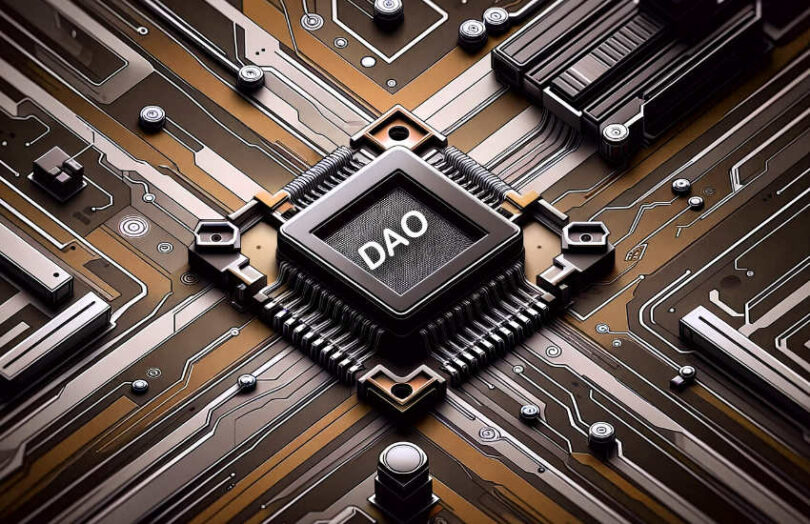The European Banking Institute recently published an academic paper exploring Decentralized Autonomous Organizations (DAOs). Instead of creating companies or partnerships, the crypto community maximizes the use of smart contracts to manage their organizations, automating much of the functionality.
If you’ve ever explored DAOs, you’ll agree with the paper’s authors that every DAO is different. They conclude that cost saving is the primary motivation for using a DAO structure – beyond ideology. The authors also note that previous exploration has focused on the legal disadvantages of a DAO. They acknowledge those weaknesses but also see some benefits they believe have been overlooked.
Most papers on DAOs solely look at the ins and outs of the legal structure or lack thereof. This paper also explores DAOs from a nonlegal context of the “Theory of the Firm.”
Theory of the firm
There’s quite a bit of academic literature on ‘the firm’. The basic concept is that entrepreneurs need capital, and investors want to back them. Hence, entrepreneurs and/or management act as agents on behalf of the principals – the investors. However, the interests of the two groups might not always be aligned, leading to so-called agency costs.
A classic example is the current case of Tesla stockholders taking the company to court over the board of director’s approval of an enormous $55 billion pay package for Elon Musk. To maximize the value of the firm, it’s important to reduce agency costs.
The authors note that DAO governance tokens tend to be disproportionately allocated to founders and developers. That generates an agency conflict between these founding token holders and the more dispersed other token holders. The latter group also tends to be passive in voting.
Like the Tesla case, this also happens with corporations, and there are two ways of dealing with it. One approach is to protect minority holders, preventing extra private benefits from getting funneled to the founders. This helps reduce agency costs, increasing the firm’s value.
The ‘idiosyncratic view’ is the other approach, with Silicon Valley as a good example. Entrepreneurs often have a special voting class of shares, so they are free to fulfill their vision.
The authors note there needs to be more research into the agency costs of DAOs as well as other concepts that make up the theory of the firm.
Legal pros and cons of DAOs
Turning to the legal aspects, there are five key features of corporations that partnerships lack. They are:
- limited liability – people can’t go after shareholders if the company doesn’t pay its bills
- legal agency – the ability for managers to contract on behalf of the company
- transferability of shares – often companies give existing shareholders first dibs on transfers
- entity shielding – people pursuing payment from a shareholder can’t directly grab company assets
- capital lock in – once the capital is invested, it can’t be withdrawn if an investor is short of cash.
DAOs have low scores for the first three features. But they’re not too bad on the last two. The paper’s authors think this point has yet to be fully appreciated.
Even on the limited liability front, well-designed DAOs could provide compensation schemes. However, if there’s a legal judgment against a DAO and the DAO members don’t approve the on-chain payout, the liability could fall on all individual members.
The overlooked legal benefit of DAOs
Both entity shielding and capital lock in aim to protect a company from threats that don’t directly relate to the organization’s activities. So if someone is suing a corporate shareholder, the creditor might be able to claim shares, but they can’t try to take a company’s assets.
If the creditor could claim company assets or if an investor could ask for a refund on their equity investment, either of these could be catastrophic for a company. Both entity shielding and capital lock are usually enacted in corporate legislation rather than just contracts.
The novel aspect of DAOs is they provide this protection without legislation. “Blockchain-enabled smart contracts protect DAOs from inefficient liquidation,” the authors wrote. Forcing the “liquidation of the DAO even if it has no legal personality, appears legally dubious, technologically challenging and uneconomical.”
They’re saying it’s far easier for an investor’s creditor to grab and sell the DAO tokens rather than attempt to liquidate the DAO. Likewise, investors who want their DAO money back can sell the tokens.
Given these features, the authors assert that DAOs might be used to own off-chain assets that are tokenized. However, they also explore many of the weaknesses and uncertainties around DAOs.






